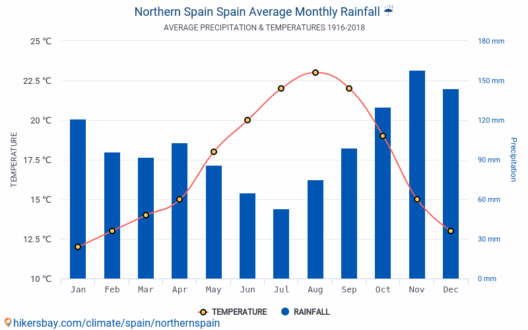Greece, a land steeped in history and myth, stands as a testament to the captivating enchantment of the Mediterranean climate. This climatic zone, characterized by its warm, dry summers and mild, wet winters, casts a spell that enchants visitors and residents alike throughout the year. Each season, in its own right, offers a unique tapestry woven from the threads of sun, sea, and sky, culminating in what can only be described as Mediterranean magic.
The Mediterranean climate in Greece is akin to a masterful painter’s palette where the hues of nature blend seamlessly. The sun-drenched summers transform the landscape into a golden tapestry, igniting passion within the hearts of both locals and travellers. Rich in warmth, the summer months—from June to September—invite sunbathers to bask on the pristine beaches of the Aegean and Ionian seas. This is not merely a period for relaxation; it is a time when the vibrancy of life flourishes. Açai-colored sunsets illuminate the skies while the scent of sea salt mingles with the effervescence of local cuisine, bursting forth from tavernas lining the coast.
However, to consider Greece solely a summer destination would be to overlook the nuanced beauty that each season unveils. Autumn, from September to November, introduces a refreshing transition. The once-scorching sun begins to mellow, and the landscape transforms into a patchwork of rust and gold. This metamorphosis heralds the grape harvest, a cherished tradition that draws crowds to vineyards where the fruits of labor are celebrated with fervor. The grapevines, heavy with promise, are a metaphor for abundance—a reminder of how resilience and patience yield sweet rewards.
Winter in Greece might seem like a transient phase for some, but to the astute observer, it offers a rare glimpse into the country’s soul. While the coastal areas remain temperate, the highlands of Greece embrace a brisk chill, enriching the air with clarity. The snow-capped peaks of the Pindus range stand majestically against an azure sky, beckoning adventurers to partake in winter sports and exploration. Herein lies the paradox of the Greek winter: a time of repose and introspection, yet brimming with opportunities for thrill-seekers and lovers of nature. This duality enhances the allure of Greece, making it an intriguing destination even at the coldest time of the year.
The Greek winter is akin to a well-kept secret, unveiling the true character of the land. The lush olive groves, still green even in the frost, paint a picturesque scene as the trees echo the whispers of ancient wisdom. It serves as a reminder that the world is not merely about superficial splendor, but rather about the depth of experience—just as the winters gift us with quiet moments to ponder and dream.
As spring unfolds from March to May, a new life emerges, pulsating with energy. The landscape awakens, adorned with a vivid array of wildflowers and budding flora, each bloom a brushstroke of nature’s artistry. The perfect temperature graces the air, inviting revelries of joy as locals celebrate the arrival of longer days and warmer nights. This season is emblematic of rebirth; it inspires hope and renewal—not only in nature but also in the hearts of those who roam the land.
The climate in Greece is not merely a backdrop; it shapes lifestyles, molds culture, and influences the very essence of hospitality. The interplay between the scorching sun and temperate evenings encourages a unique rhythm of life, where outdoor dining and late-night festivals become the norm. The Mediterranean’s balmy temperatures beckon social gatherings, punctuated by laughter and lively discourse. Such experiences create an indelible bond not only among locals but also between travelers and the land itself.
Yet, amidst this idyllic portrayal lies a critical truth—the Mediterranean climate, while enchanting, is increasingly vulnerable. Climatic shifts propelled by global warming threaten the delicate balance that sustains this magnificent ecosystem. Prolonged droughts, erratic rainfall, and rising sea levels pose significant challenges to Greece. The urgency for environmental stewardship becomes evident, as protecting this treasure trove of biodiversity is paramount. The flourishing gardens, bountiful vineyards, and azure shores are in need of guardians. Hence, the call to action resonates: sustainable practices, conscious tourism, and diligent conservation efforts are imperative for preserving the Mediterranean allure for generations to come.
In examining the climate in Greece, one uncovers a narrative of passion, resilience, and profound beauty. It is a land where the sun kisses the olive trees, where the winds carry stories of yore, and where the sea whispers secrets held close for centuries. The shifting seasons, rather than detracting from its magic, only enhance it—serving as a reminder of life’s endless cycles and the inherent beauty found in change.
To explore Greece is to partake in a sensory symphony, where each note is accented by the embrace of its Mediterranean climate. Whether it be the summer sun warming the sands or the faint chill of winter whispering through the mountains, Greece is a canvas of experiences—ever-changing, yet eternally captivating. Thus, the experience of Greece is not just in sights seen, but in the profound connection felt with nature, history, and the relentless rhythms of life.







